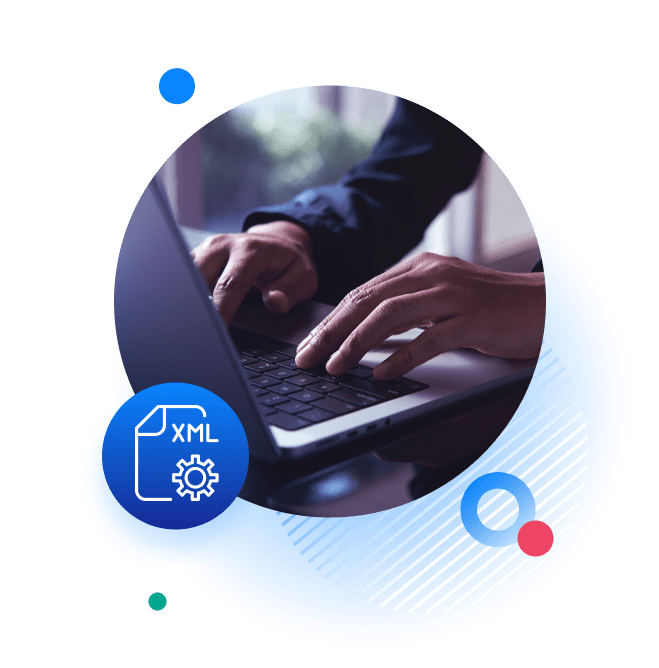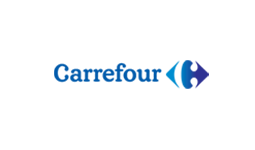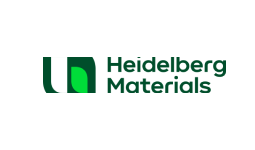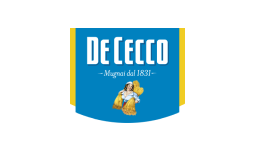Mandatory Electronic Invoicing in New Zealand
Learn how to get your company ready to exchange documents in accordance with regulations in New Zealand with the support of Comarch
Learn how to get your company ready to exchange documents in accordance with regulations in New Zealand with the support of Comarch


The electronic invoice exchange model is based on the assumption that the supplier's ERP system generates an e-invoice and forwards it to the selected Access Point (AP), which checks the file (especially whether the company's NZ number is correct) and transfers the file via the Peppol network to the selected AP by the invoice recipient.

There is no e-invoicing requirement in New Zealand, which means that neither B2B nor B2G transactions need to be documented with e-invoices. However, from March 31, 2022, central public entities must be able to receive e-invoicing if their supplier chooses to using them.

New Zealand has adopted the Peppol eInvoicing Network as the common standard for eInvoicing. Accepted format of invoice is Peppol BIS 3.0.

Required storage period is 7 years from end of accounting period.

The Electronic Transactions Act contains a presumption of credibility of advanced electronic signatures, however any method is accepted to ensure integrity and authenticity.

We have 20+ years of experience in carrying out various EDI, e-invoicing, and other document exchange projects around the world. In those years, we have successfully connected more than 130,000 entities from over 60 countries.
Full compliance with the latest data exchange regulations and modern data transfer standards
Applying new technologies and IT solutions in order to streamline workflows and automate activities and procedures
Tailor-made solutions based on processes specific to each company – own road map and a suitable pace of changes
Highest level of security for all sensitive and important company data
If your company is based or has branches in the New Zealand and you need to prepare your billing and tax systems to comply with the new requirements. Click on the button below to get in touch with one of our experts.

To learn the e-invoicing requirements for a specific country, click on its flag and access the relevant information.
Make sure your business meets international standards with the Comarch e-Invoicing platform, trusted in more than 60 countries. Enjoy hassle-free integration and continuous compliance updates.























